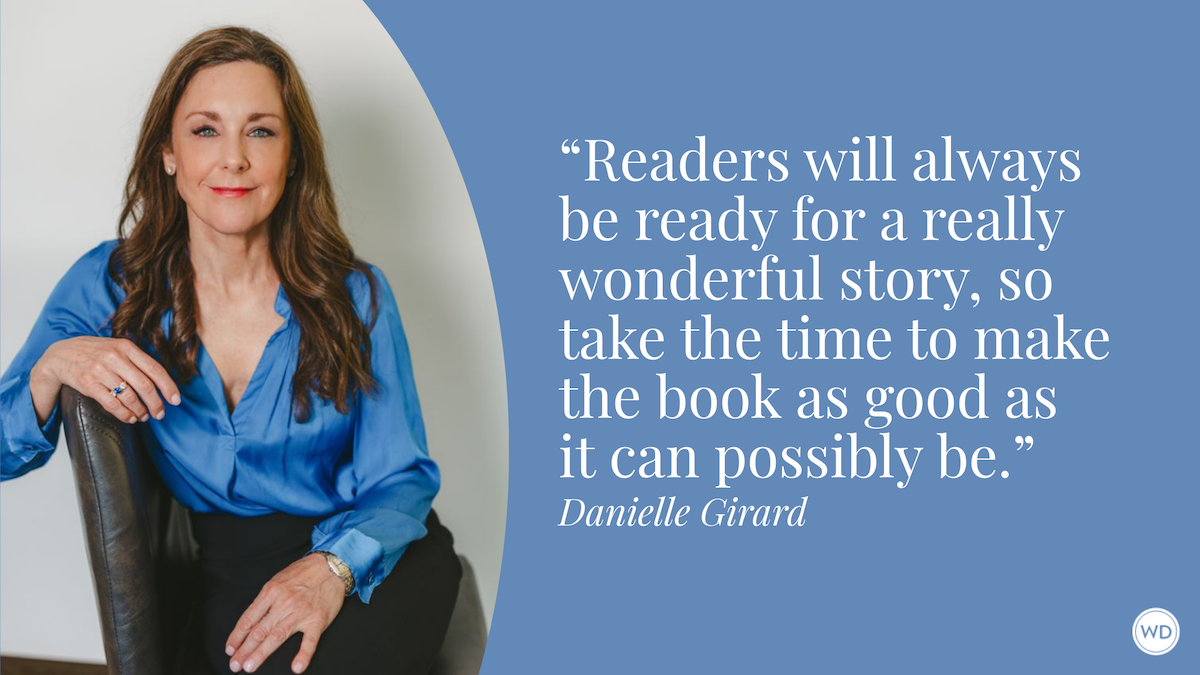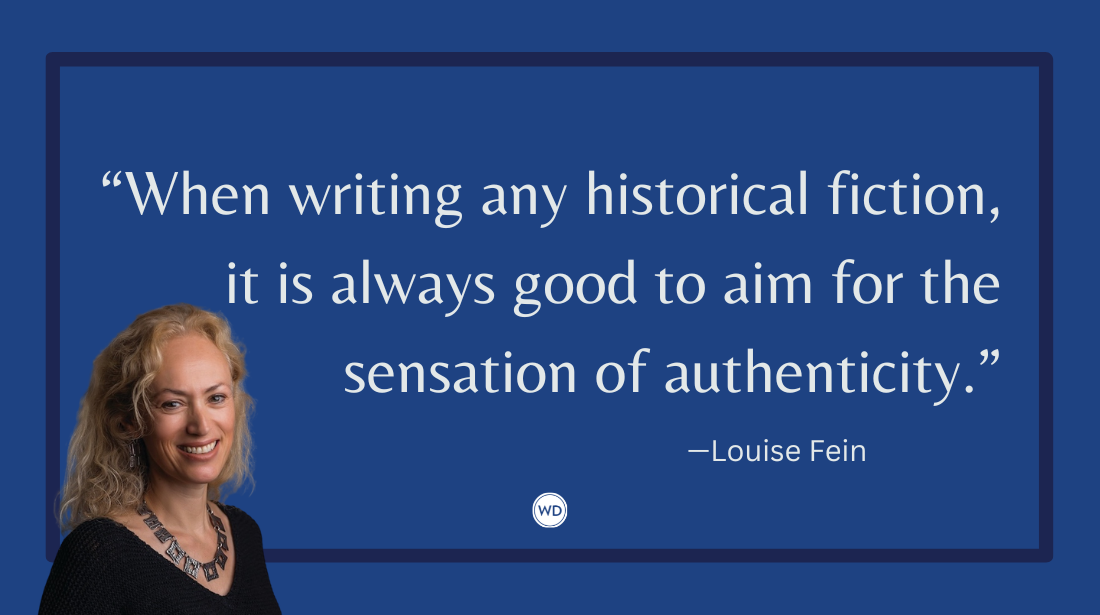Creating Magic From the Mundane: 4 Tips for Making Your Work So Much Bigger Than Your Characters’ Limited Lives
Author Laura Venita Green discusses the appeal of ordinary characters in extraordinary stories and shares four tips to pull them off.
Some writers like to write characters with extraordinary lives—billionaires, celebrities, serial killers, space explorers. This can be a great choice and a way to generate excitement and tension in their work. Yet, many of my favorite novels follow regular people who aren’t living particularly flashy lives. I love reading about people with normal jobs, people who live in small towns, people preoccupied by their friends and families and ambitions and desires. But just because characters’ circumstances don’t provide much drama doesn’t mean the book shouldn’t.
When I set out to write my debut novel, Sister Creatures, I wanted to write about the area and the people in rural Louisiana where I grew up, where everyone knew everyone else’s business, and, at least from my viewpoint, there wasn’t a whole lot to do. But I didn’t want to write a quiet book. Rather, I wanted my book to feel quick, urgent, and consuming. Sister Creatures follows four women from the same small town in Louisiana and a shapeshifting entity that looms over their tangled lives. Though my characters’ options are limited, I worked hard to find ways to make the book itself feel expansive. Here are four tips.
Give Your Character an Obsession
In fiction, we have the unique ability to reveal both the outside world and the entire universe that resides inside each of our characters. An obsession is a great way to demonstrate a rich internal life. What is the one thing that preoccupies your character, the thing that ruins their sleep, that makes them miss a work deadline, that makes them engage in questionable behavior? The obsession could be another person, an object, an ambition, a song that repeats in their brain nonstop. Whatever it is, a reader can’t help but be invested, both in the obsession itself and the drama that will surely unfold as a result.
Add Elements That Are Weird and Surprising
Put something in the path of your character, something odd that they can’t easily explain. Their reaction will tell you a lot. The options here are limitless: an interaction with a stranger, an encounter with danger or with the supernatural, an unidentifiable animal, a sound they’ve never heard before, a weird coincidence. Anything that causes them to glimpse the vastness that lies beyond human experience. Have fun with it and your readers will, too!
Gossip, Gossip, Gossip
Fiction is a playground where your characters can (and I would argue, should) engage in activities that might give you pause in your real life. Humans are wired to talk about other humans, and gossip in fiction can be so useful, and so often fun to read. Gossip can be simply a guilty pleasure, or an act of bullying. It can be a way to bond with someone, to harm someone, an act that could be inclusive or exclusive. Get your characters talking to each other about a third party and you’ll certainly learn some truths about them.
Incorporate Other Art or Texts, Whether Real or Fictional
Add complexity to any story by incorporating letters, diary entries, book quotes, and descriptions of movie scenes, plays, and artwork. No matter what our lives look like, we live in a world of access to so many interesting things that already exist. And don’t be afraid to let these additions be absolutely random. Simply insert something new into your work, and your brain will do the work of looking for patterns and making connections. I can’t wait to see what your characters make of it all.
Check out Laura Venita Green's Sister Creatures here:
(WD uses affiliate links)









